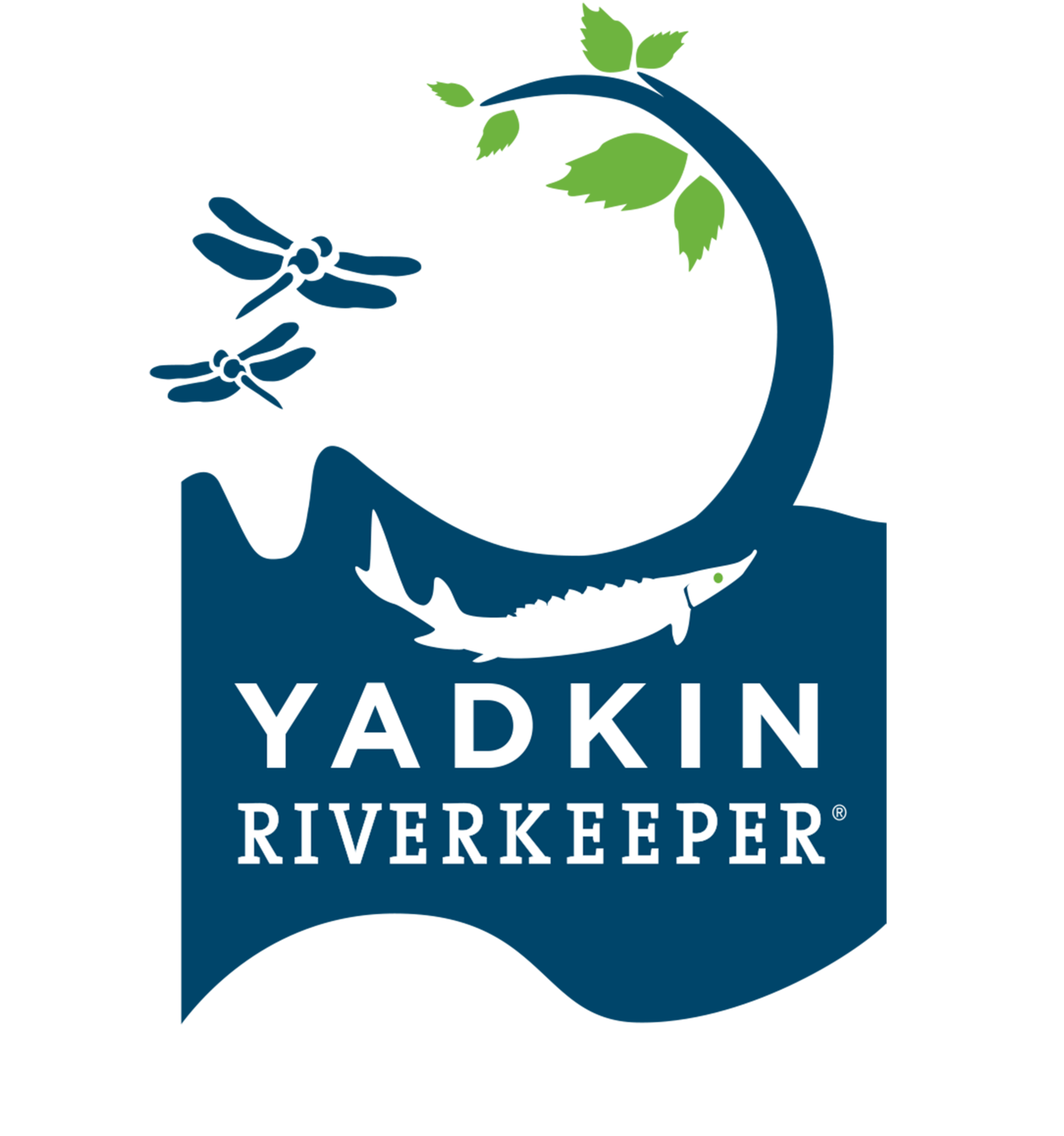Link to Court Document: North Carolina v. Alcoa, Riverbed ownership Court Fourth Circuit Appeal
From: Will Scott, Yadkin Riverkeeper
To: Public
Date: October 28th, 2016
On the morning of October 27th 2016, the state of North Carolina sent two former judges, Bob Orr & Eddie Greene, up to Richmond to argue to the Fourth Circuit Court of Appeals that the people of North Carolina, not Alcoa, own the bed of the Yadkin River throughout the 38 mile stretch on which Alcoa operates four hydroelectric dams. At counsel’s table with them was Yadkin Riverkeeper’s attorney, Ryke Longest, of Duke University. Here is what happened.
When Judge Orr rose to speak the questions came so thick and fast that before he knew it his twenty minutes was up. A red light on his podium blinked. Judge Robert B. King looked at it and kept right on, “Don’t you worry about that red light, just turn that off”. The judges bombarded Orr with every possible question on the Constitution, the Marketable Title Act, the nature of state sovereignty, and the relative rights of original and later-admitted states. In the end, the question was this, who owned the sunken bed of the river that lies underneath High Rock, Tuckertown, Badin & Falls reservoirs?
Two main positions emerged. The attorneys for the state argued that whether or not the Yadkin River was navigable, for purposes of determining title, was a question of North Carolina state law. As such, the case should be remanded to North Carolina Superior Court. The attorneys for Alcoa argued that a federal law, based on a case called PPL Montana, should be applied and that under that test, the riverbed was theirs. The state rebutted that the PPL case was one of federal law because the federal government itself was a party. For states like Montana, created out of federal territory, the beds of all navigable waters passed from the ownership of the United States to the individual states in question. In the case of the original thirteen states, there was no such “intermediate sovereign”, as the states had sovereignty over their own land and water prior to the time they signed the Constitution in 1789.
Beyond the year that the Constitution was signed, however, no one could agree on much of anything. Halfway through state’s rebuttal Judge Niemeyer threw up his hands saying “We can just write ‘passed for certiorari’ on this one”. In other words, we are not getting anywhere; let the Supreme Court decide this one.
How did we get in such a mess? In 2013, Governor Pat McCrory, in one of his more populist moments, declared that, “The Yadkin River is a North Carolina River...We should be able to use it for North Carolina water needs and to create North Carolina jobs. The benefits of the Yadkin River belong to North Carolina's people." His Department of Administration brought suit, claiming that it had owned the bed of the river since 1776, when the state declared independence from King George. While Alcoa, in the early part of the 20th century, had bought up title to the land along the banks of the river that was now submerged under the series of Yadkin lakes, the bed of the river itself was property of the state, held in trust for the benefit of the people of North Carolina. It could not be sold like other land, but only by a specific legislative conveyance. That, the state argued, it had not made.
Alcoa, a $22.5 billion dollar company, is trying to call the second largest river in the state “non-navigable” so that it can claim title to the bed of that river. Why? The electricity generated by the dams on the river is worth tens of millions of dollars a year, making Alcoa’s dams likely worth several hundred millions of dollars. Private interests see a great deal of value in the Yadkin and, currently, the people North Carolina realize none of that value. That’s the reason that, this week, the state of North Carolina also challenged a license issued last month by the Federal Energy Regulatory Commission for Alcoa to continue to operate these dams for another 38 years. North Carolina argued that Alcoa was no longer providing a public benefit, once the jobs at their now-shuttered aluminum smelter, and that other parties should be allowed to bid on the project to better benefit the public of North Carolina in exchange for making money off of the Yadkin River.
Why should we care? The coalition of law professors who wrote a friend-of-the-court brief for this appeal summed it up this way, “This Court should not permit private interests in vital public resources to trump the rights of public beneficiaries in this sovereign trust, even in cases where the sovereign trustee acted with delay or failed to act at all to protect the public trust res. There is much more at stake in this case than title to one stretch of river.”

